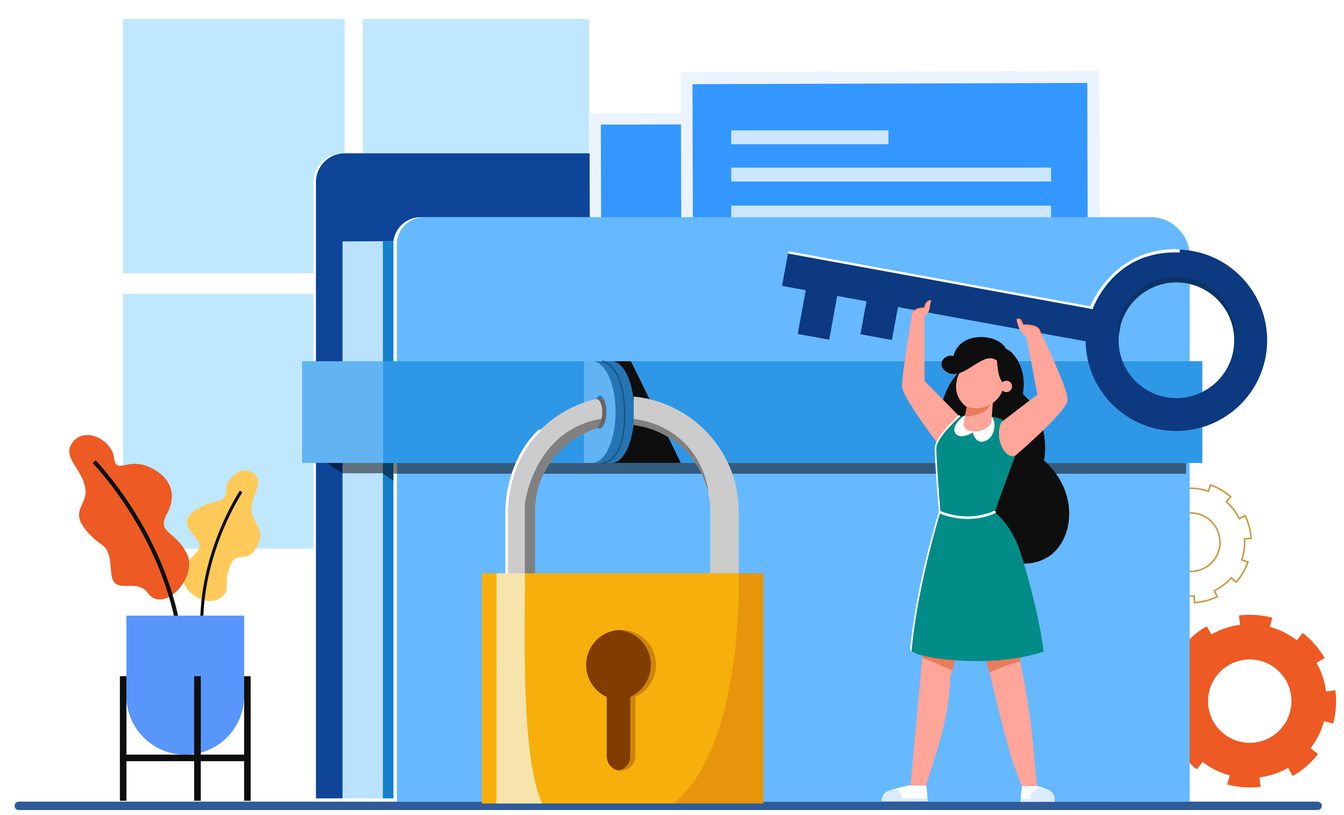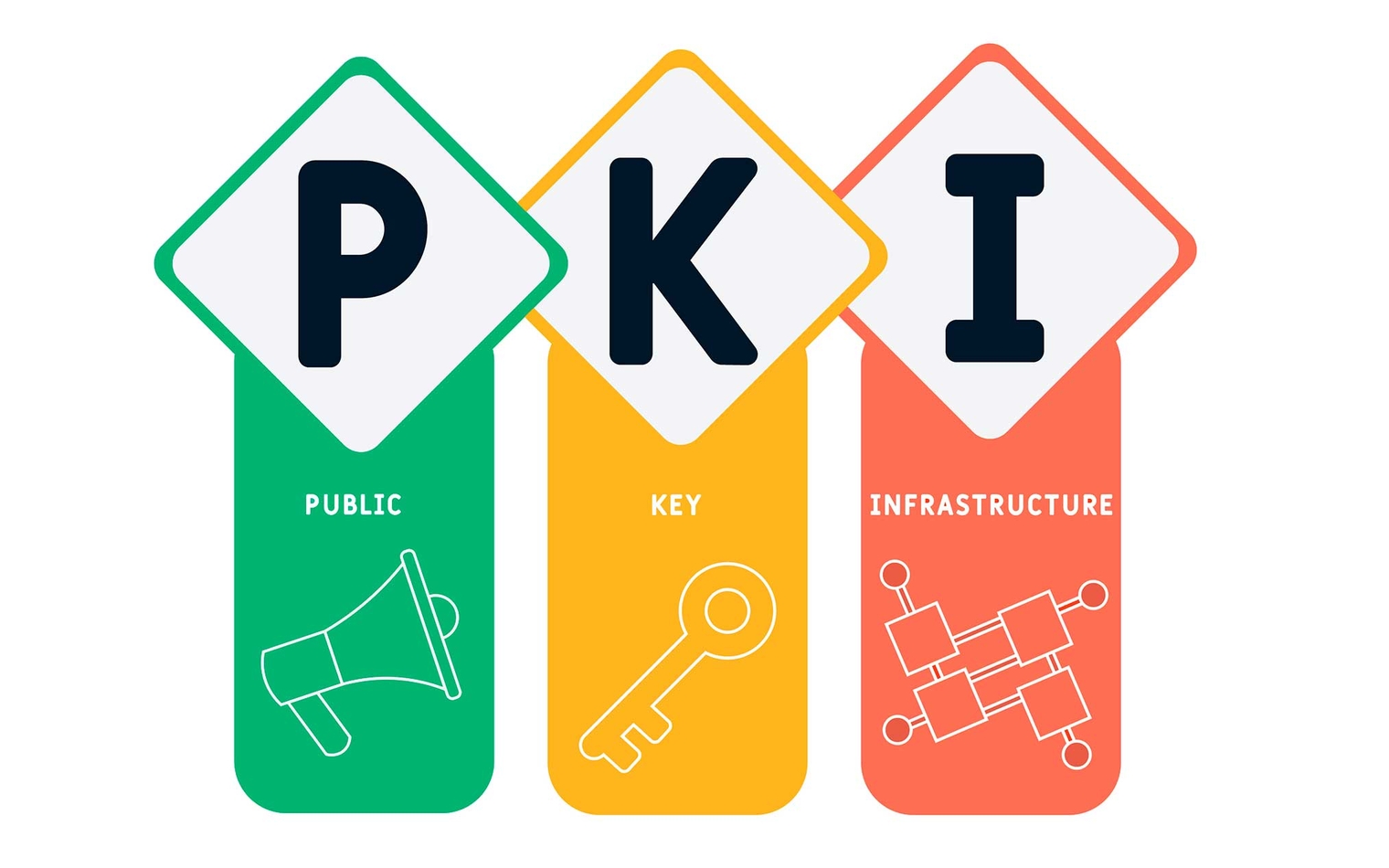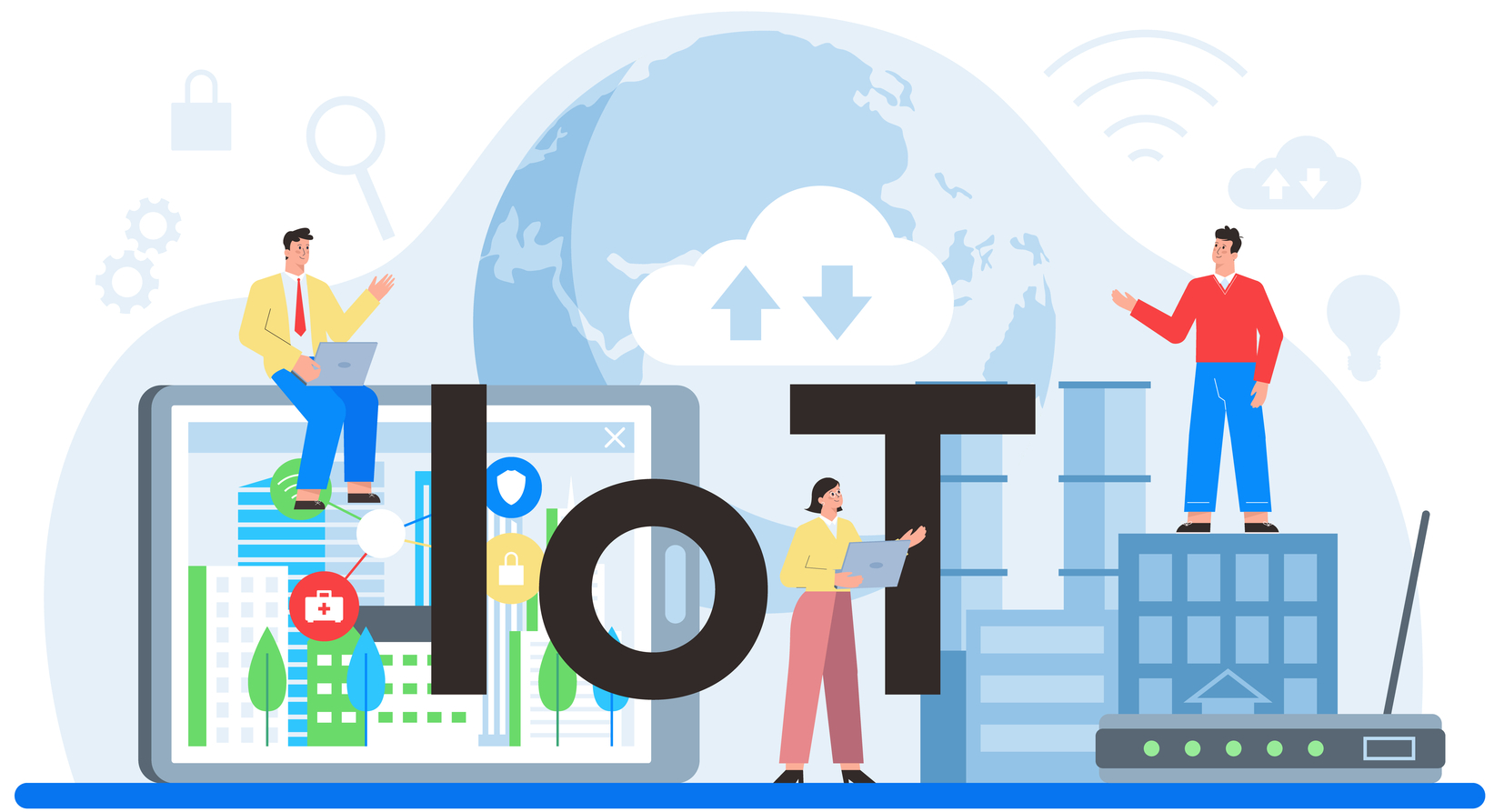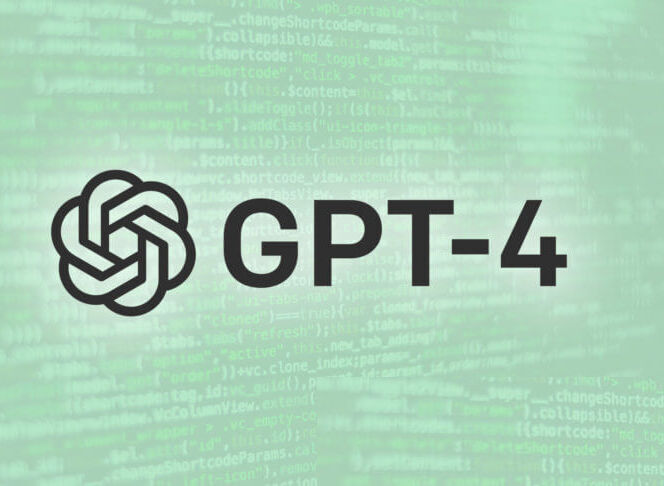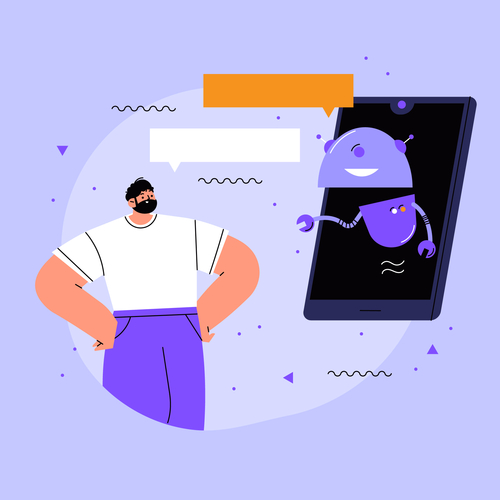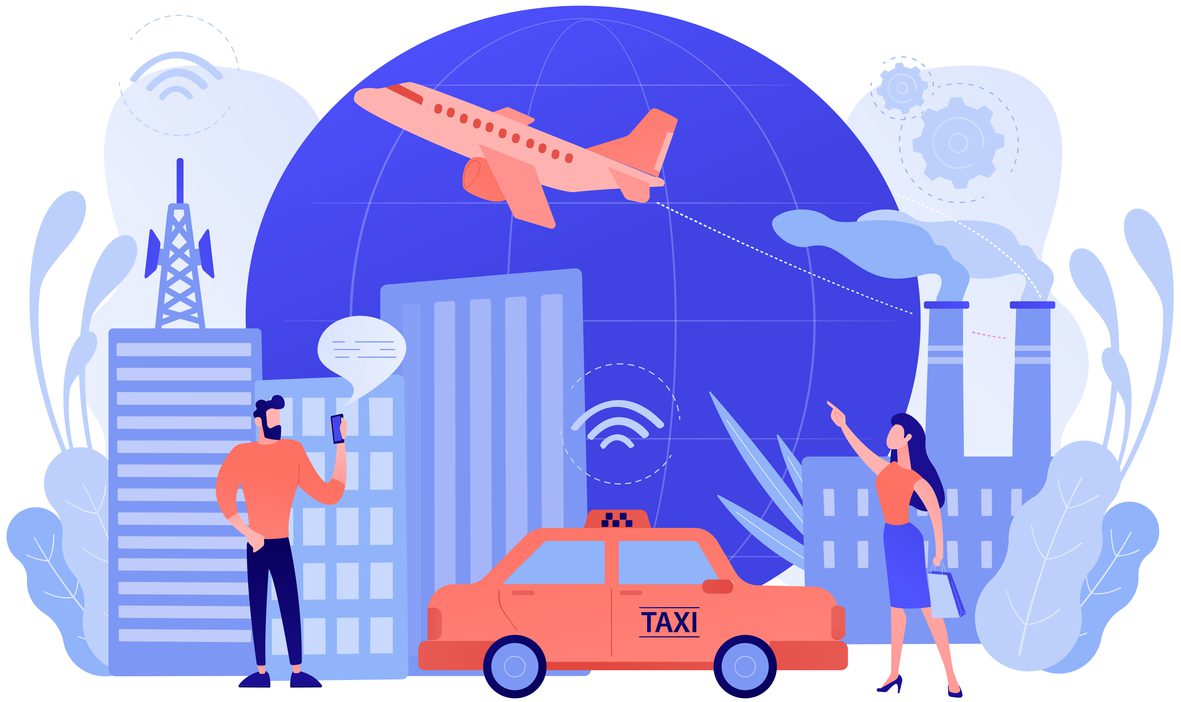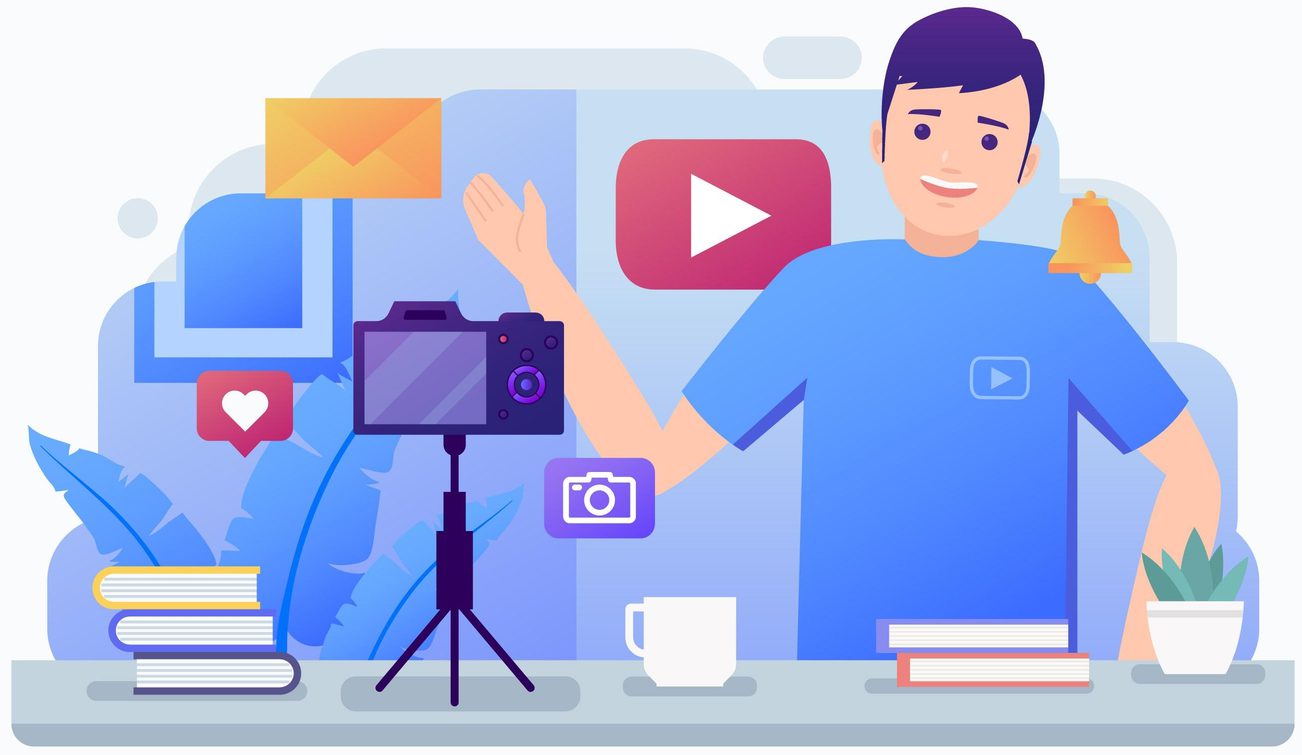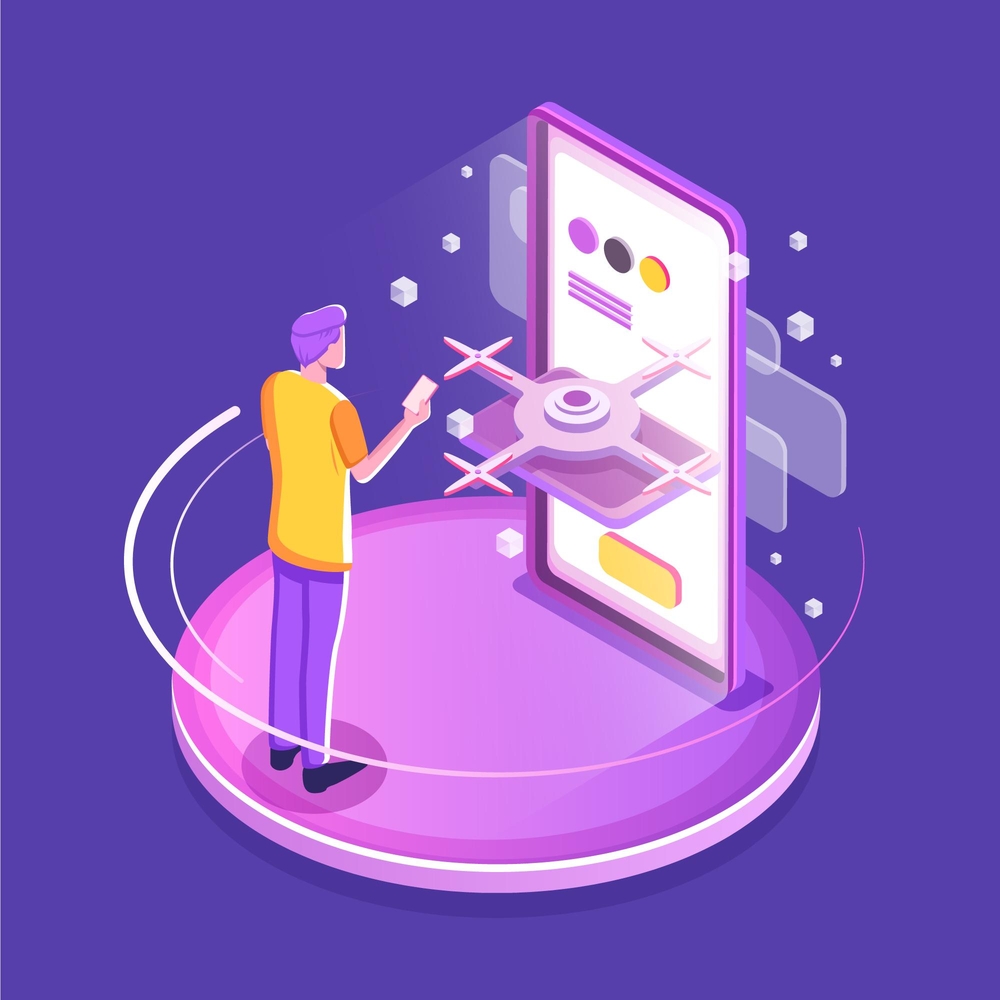Zero Trust security is a proactive and robust safeguarding method that operates on four foundational principles: acknowledging the omnipresent possibility of a security breach, mandating verification for every transaction, limiting user and device access to the bare minimum required, and ensuring continuous monitoring both inside and outside the network. Unlike conventional security models, Zero Trust security operates at a more granular level, encapsulating each service with its security controls. The benefits of Zero Trust security include enhanced visibility into networks, facilitating compliance with industry regulations, and minimizing the impact of security incidents. However, the adoption of Zero Trust security comes with its share of challenges, such as a fundamental shift in organizational security approaches and substantial investments in new tools and specialized personnel.
PKI’s Evolutionary Path: Redefining Security in the Digital Realm
Public Key Infrastructure (PKI) is a comprehensive suite of technologies, policies, and procedures that ensure secure communication, confidentiality, integrity, and non-repudiation in the digital sphere. PKI operates through digital certificates issued by trusted Certification Authorities (CAs). PKI’s role is pivotal in fortifying online banking and financial transactions, global e-commerce, and secure data sharing in supply chains. PKI faces challenges such as managing keys and security threats. Innovations like Post-quantum cryptography (PQC) and Blockchain-based PKI solutions emerge as promising safeguards against these threats. PKI’s evolution extends to decentralized models and Identity-based cryptography, promising enhanced security and user-friendliness. PKI’s continued evolution ensures a resilient and trusted digital identity verification and encryption framework, facilitating secure, borderless digital interactions across industries and geographies.
Edge Computing and the Internet of Things (IoT): A Powerful Combination for the Future
The collaboration between Edge Computing and IoT revolutionizes data processing by bringing it closer to the data source. IoT connects everyday objects to gather data, while Edge Computing ensures faster, localized processing. This partnership enhances applications like predictive maintenance and video analytics, offering swift decision-making and bolstered security. Challenges include standardization and security measures, but this collaboration promises innovation across industries, paving the way for a connected, efficient future.
The Language Revolution: GPT’s Role in Advancing Natural Language Processing
GPT models have revolutionized the field of Natural Language Processing (NLP), enabling machines to comprehend and respond to human language with an unprecedented level of accuracy and fluency. This breakthrough has created endless possibilities, revolutionizing machine translation, text summarization, and question-answering. GPT models hold immense promise for various domains, including healthcare, education, and customer service. Nevertheless, responsible progress and ethical considerations are vital to guarantee that these powerful tools are used for the advancement of society. As GPT models continue to grow, their impact on human-machine interaction will inevitably expand, bridging language barriers and revolutionizing how we connect with computers.
Beyond Borders: GPT-4’s Brilliant Breakthroughs
OpenAI’s newest creation, GPT-4 Turbo, is transforming the capabilities of AI by seamlessly integrating technology and collaboration with humans. It surpasses mere text interpretation by navigating visual subtleties, intricate coding, and vast online domains. It has the potential to generate code, enhance artistic expression, provide intelligent financial advice, offer personalized fashion recommendations, assist with virtual self-representation, create imaginative stories, and help people achieve their fitness goals. GPT-4 Turbo is a versatile companion that is shaping a new technological narrative. It is not just a tool, but also a promise of unexplored possibilities, combining advancements in AI and human cooperation. It will be fascinating to observe how individuals interact with this groundbreaking technology.
Web3: The Next Generation of Internet
Web3 is a new, decentralized internet that is based on blockchain technology. It offers several advantages over the traditional Internet, including enhanced security, privacy, and user ownership of data and assets. Web3 has the potential to revolutionize the internet in several ways, including making it more accessible to people worldwide, creating new opportunities for individuals to earn money online, and reducing the cost of financial transactions. While there are some challenges that need to be addressed before Web3 can reach its full potential, such as scalability, security, and regulatory uncertainty, the future of Web3 is bright.
AI-Generated Art: Ethical Implications for Ownership, Bias, Misinformation, and Artists
AI-generated art raises the ethical question of ownership. The artists who created the training data, the developers of the AI algorithm, and the users who generate the art all have a claim. There is no clear consensus on who should ultimately own AI-generated art.
One possibility is that AI-generated art could be considered public domain, meaning that it is not owned by anyone and can be freely used by anyone. Another possibility is that ownership could be determined by the copyright laws of the country in which it is created. A third possibility is that ownership could be shared by the artists, developers, and users.
Ultimately, the question of who owns AI-generated art is a legal one that will need to be decided by the courts. However, it is important to start thinking about this issue now so that we can develop clear and fair guidelines for the future.
How Technology is Transforming the Travel Industry
Technology is changing the travel industry by creating new and unique products that are personalized, sustainable, immersive, and accessible. By using technology like VR headsets, AI chatbots, and blockchain-based marketplaces, we can transform the way we travel. There are some challenges, such as privacy and security concerns, ethical considerations, and the digital divide, but the opportunities presented by technology are vast. These new travel products and experiences have the power to boost the travel industry’s economy, generate jobs, and reduce environmental impact. The rapid advancement of technology is expected to bring even more transformative changes to the travel industry.
Creator Economy: What It Is and Why Is It Important?
The creator economy is a thriving online industry where people create and monetize content. It is significant because it democratizes media and entertainment and provides new opportunities for people to make a living from their creativity. Social media platforms, new technologies, and the changing nature of work have contributed to its rise. The creator economy is still in its early stages, but it has the potential to revolutionize the way we consume media and entertainment.
Augmented Reality (AR): Transforming Business
Augmented reality (AR) is a technology that overlays digital images onto the real world, providing interactive and immersive experiences. Businesses are using AR to improve customer experiences, boost sales, and increase brand awareness.
